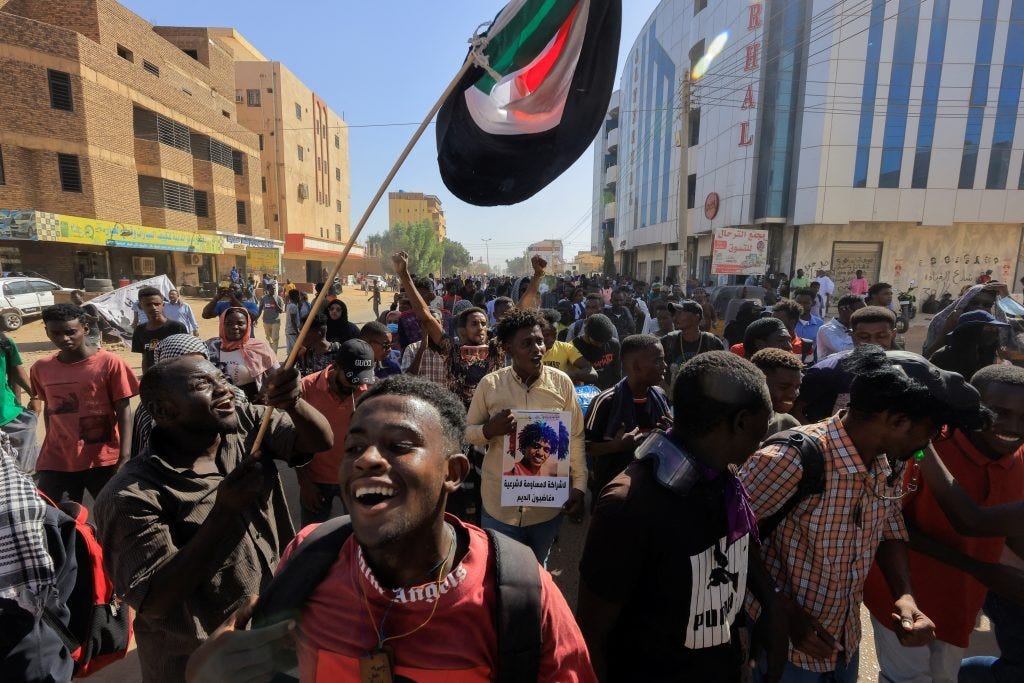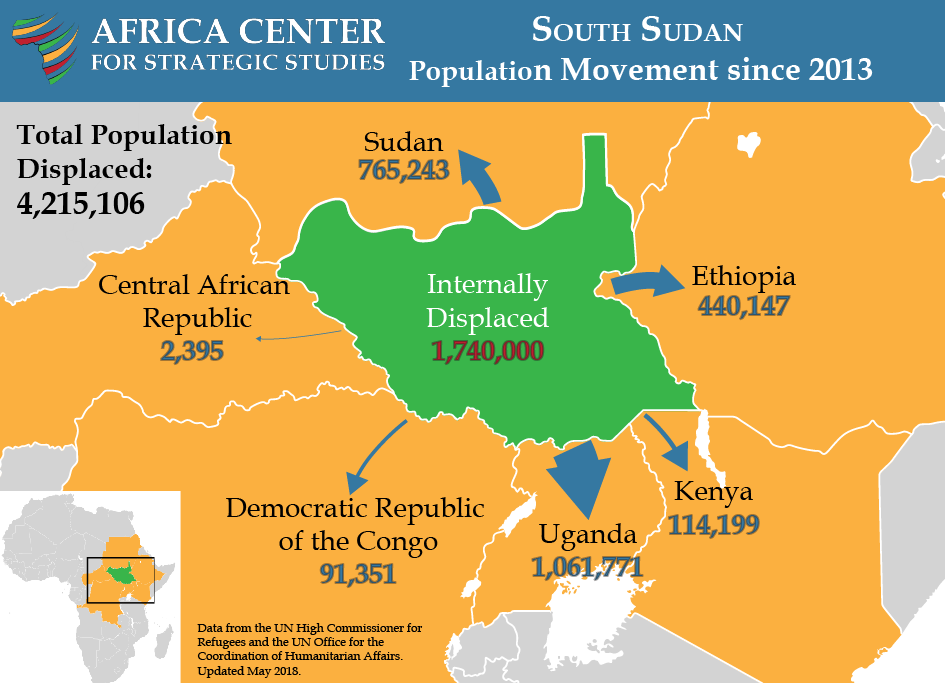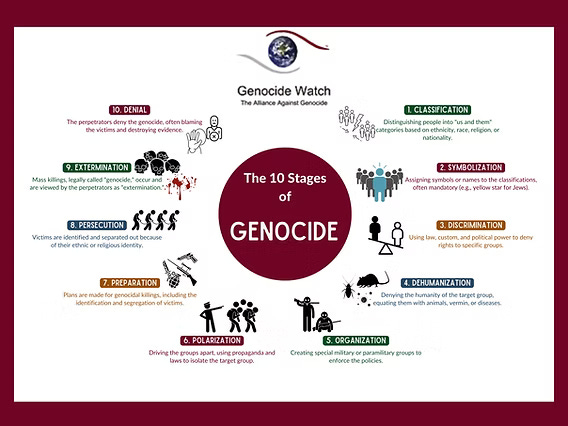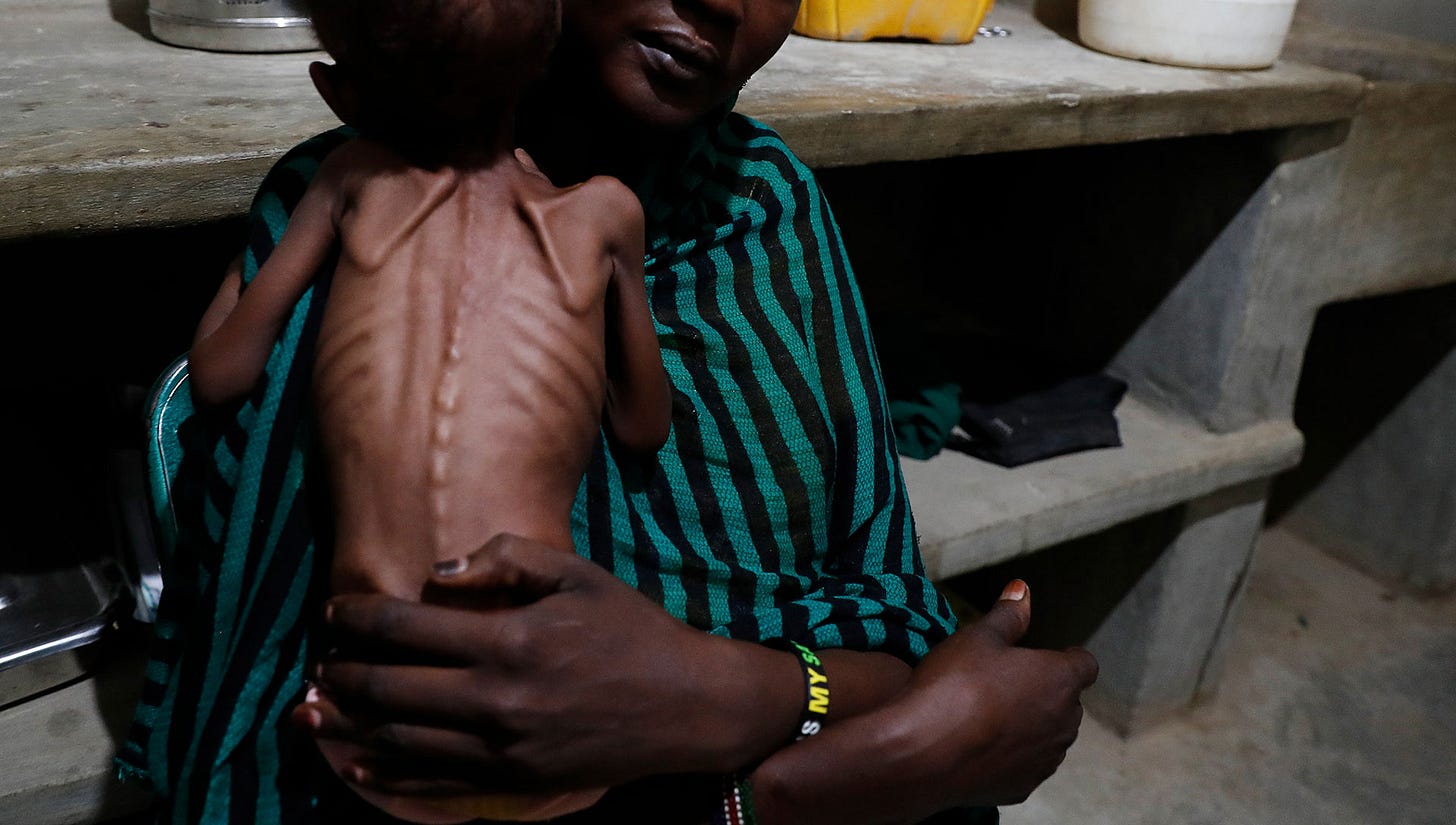There have long been cycles of civil war between the northern and southern parts of Sudan. The northern region is primarily made up of an Arab population that is heavily Muslim, while the south is predominantly Christians and animists.
There are currently 5 open cases of genocide and other crimes against humanity for various members in the Sudanese government in the north on non-Arab ethnic groups in Darfur, located in the western region of Sudan
It began as a civil war in February of 2003 when the Sudan Liberation Movement (SLM) and the Justice and Equality Movement (JEM) rebel groups clashed with the government of Sudan, whom they had accused of oppressing their non-Arab population.
This led to campaigns of ethnic cleansing, roughly 300,000 civilians deaths. In total, 3 million lives have been affected with over 2.5 million displaced.
Just 13 years later in 2016 Amnesty International, an international human rights organization, found credible evidence of chemical use on civilians in Darfur through their independent investigation.
Including outside verification from two chemical weapons experts whom:
“Both concluded that the evidence strongly suggested exposure to vesicants, or blister agents, such as the chemical warfare agents sulfur mustard, lewisite or nitrogen mustard.”
Fighting at a large scale started up again in 2023 between two conflicting forces, the Sudanese Armed Forces (SAF) under Abdel Fattah al-Burhan and the paramilitary Rapid Support Forces (RSF) and its allies (collectively the Janjaweed coalition) under the Janjaweed leader Hemedti.
As of 2025, estimated 150,000 people have died in the conflict, of which 26,000 can be contributed to a direct result of the violence.
As of February 2025, over 14 million have been displaced and more than 3.5 million others had fled the country as refugees.
The U.S formally accused the RSF forces and their leader Hemedti of genocide, including acts of murder against "men and boys - even infants", as well as horrific sexual violence against women on ethnic grounds.
It should be noted that Sudan was already experiencing a severe humanitarian crisis prior to the 2023 conflict with over 15.8 million people in need of humanitarian aid.
Just around three years of war have exacerbated these conditions, displacing over 14 million people and leaving 30.4 million people—more than half of Sudan’s population—in need of humanitarian support.
This is not only the largest humanitarian crisis in history, but the largest and fastest growing displacement as well.
Human Right’s Watch and other human rights organizations have accused the forces in Darfur of ethnic cleansing as recent as this year. Over 635,000 civilians in Sudan are experiencing famine, with these conditions only getting worse due to the violence.
The World Health Organization (WHO) verified 119 attacks directly on health care in just over a calendar year from 2023 to 2024. Over 80% of the country’s hospitals in conflict zones are non-operational, leaving millions without access to essential medical care as disease outbreaks surge.
The Office of the United Nations High Commissioner for Human Rights (OHCHR) found evidence of wide spread sexual violence and other gender based crimes at a systemic level, showing Sudan is becoming increasingly less safe for the entire population.
Despite this, the Trump Administration has halted the refugee program and revoked the visas of South Sudanese refugees. All while letting in white South African refugees who he claimed, without evidence, were victims of genocide.
Something must be done for the people of Sudan, the refugees seeking help, and the innocent men, women, and children falling victim to violence the world is seemingly ignoring.
We shouldn’t forget Sudan.









Great information SS. Thank you for giving a voice to the forgotten/unheard.